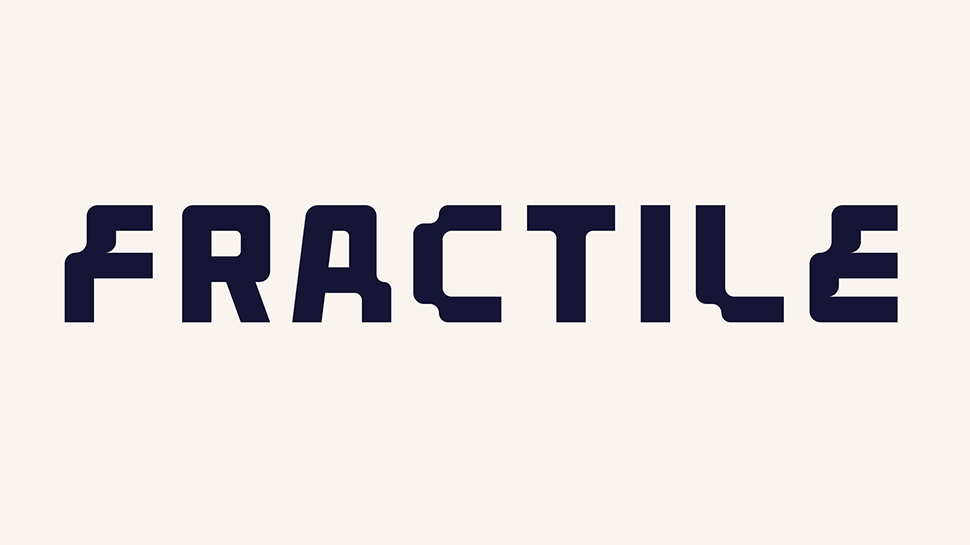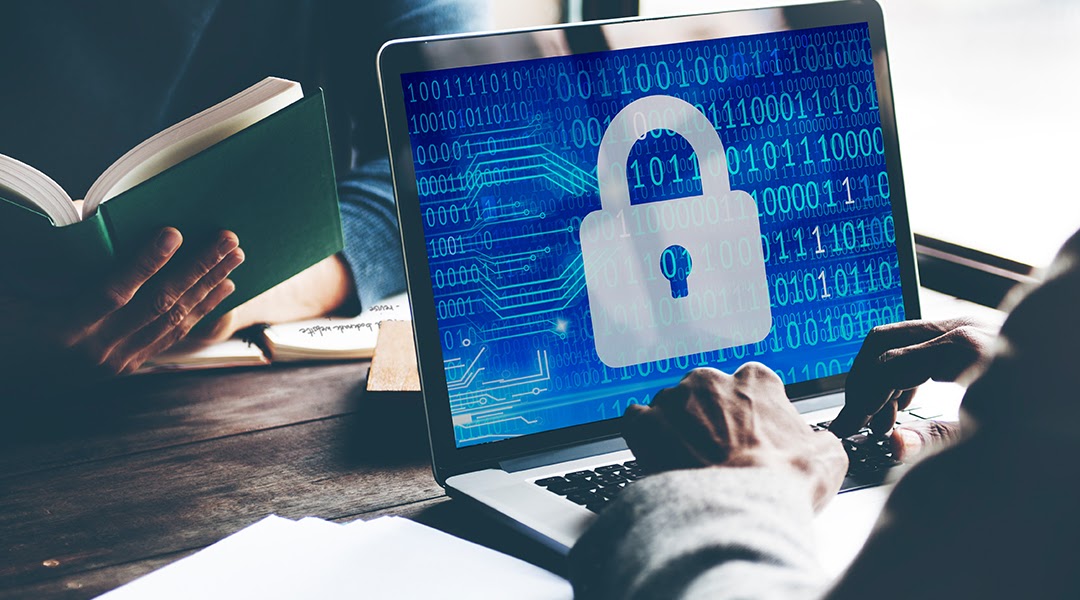Liquor sales go online in India - officials find digital solution to a social problem
Following clamor from industry, public

The images in the Indian mainstream media and social media platforms told their own tale.
People in hundreds, even thousands, gathered in desperate rugby scrum, not bothering to stick to the social distancing norms in front of liquor shops as they opened in approved zones in many cities of the country.
The video clips and pics were the talking points across India for the last two days after the federal government heeded to requests from states to open liquor sales as a means to generate revenues required to meet government expenses.
The crowds were so much that the authorities had to order shutting the shops as quickly as they opened in a few cities. Worryingly, the physical jostling and scrambling among the people also worsened the fears of virus spread.
Scenes from a liquor shop in New Delhi.Social distancing gone for a toss.#liquor #LiquorShops #lockdown pic.twitter.com/bcZahk4PgCMay 4, 2020
The developments once again triggered calls for the government to allow sale of liquor through e-commerce platforms. And sale of liquor being a state subject under federal law, a few of them have stepped up to allow home delivery of liquor in a bid to avoid chaos on the roads.
The States of Punjab, West Bengal and Chhattisgarh have so far allowed home delivery of liquor through online sales, albeit with adequate social distancing norms.
The reports are sketchy about the modalities of the plan and which platforms the state administrations are using to ensure that the rules of engagement listed out for keeping safe from the Covid-19 attack is adhered to during the ongoing third phase of the lockdown in India.
Get daily insight, inspiration and deals in your inbox
Sign up for breaking news, reviews, opinion, top tech deals, and more.
Some state administrations also insisted on having a cap on the amount of liquor sold per order with officials also confirming that the online sale of liquor would be limited to the period of lockdown.
During the lockdown, many criminal cases were registered against businesses who allegedly duped people by accepting money and promising home delivery of liquor.
In some states such as Andhra Pradesh in the south, protestors gathered before liquor stores and shouted slogans against the state and federal government for removing the ban on liquor sales that has been in force since March 25, when India went into complete lockdown.
People protesting before #wineshops against recommencing of #liquor sales. #AndhraPradesh pic.twitter.com/TcoHO7P2mhMay 5, 2020
Plea for delivery through food apps
However, there is indeed a clamor for allowing online sales of liquor all across the nation. Regular sale of liquor is a federal subject, while allowing online shops to deal in liquor is a policy decision that only the Central government can take. And in many states of India, the local government is the sole dealer in the distribution of liquor. So the whole thing obviously involves many grey areas. To add to the confusion, some states allowed online sale of wines and some expensive liquor.
The industry lobby is, however, already making a plea to have a uniform set of rules and approvals for the purchase of alcohol. In a presentation made to various state governments, the liquor industry body International Spirits and Winers Association of India (ISWAI) has suggested several measures to maintain social distance as well as promote sale of liquor through online platforms.
The industry body wants liquor delivery to be allowed through food apps like Swiggy and Zomato.
Suffice to say, a decision in this matter will be a political one. Liquor sales are a highly regulated segment in India, and is generally a cash cow for the state governments.
As it is, seeing the huge demand for liquor, four states – Delhi, Andhra Pradesh, West Bengal and Rajasthan -- have in the last two days announced an increase in the state duties that should result in added earnings for the exchequer. Delhi (70%), Andhra Pradesh (75%), Bengal (30%) and Rajasthan (10%) raised taxes while announcing that the extra cash would be used to fight the Covid-19 pandemic.

Over three decades as a journalist covering current affairs, politics, sports and now technology. Former Editor of News Today, writer of humour columns across publications and a hardcore cricket and cinema enthusiast. He writes about technology trends and suggest movies and shows to watch on OTT platforms.











